Do UV Water Bottles Really Work?
Do UV Water Bottles Really Work?
In recent years, UV water bottles have gained popularity as a portable solution for purifying water. These bottles claim to eliminate harmful bacteria and viruses using ultraviolet (UV) light, making them ideal for travelers, hikers, and outdoor enthusiasts. But do they really work? Let’s break down the facts.
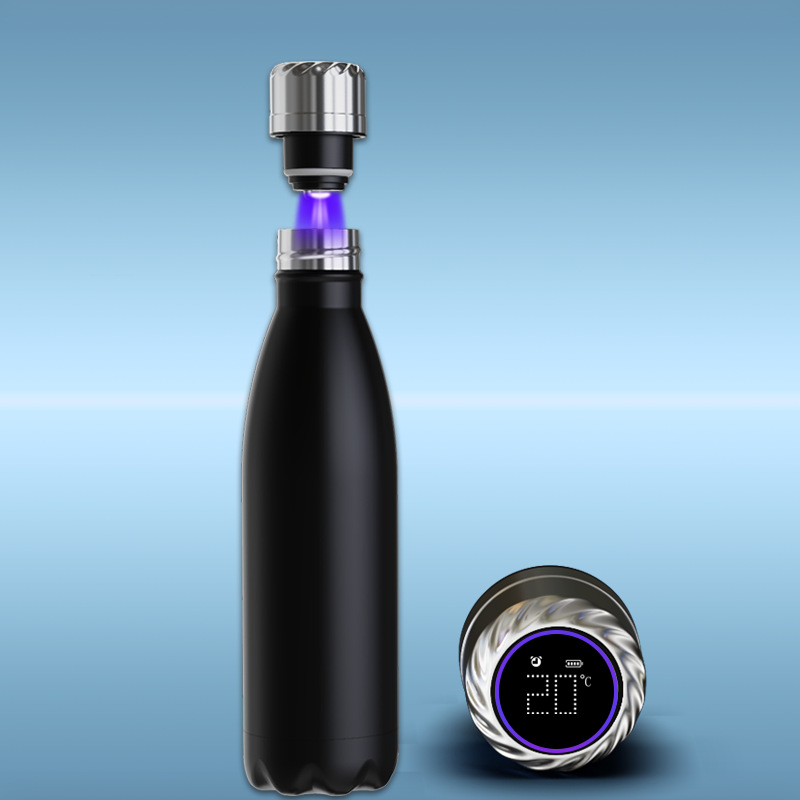
1. How Do UV Water Bottles Work?
UV water bottles use short-wavelength ultraviolet light (UV-C) to disrupt the DNA of microorganisms, rendering them unable to reproduce. This process, known as UV disinfection, is also used in hospitals and water treatment plants. The bottle typically contains a small UV lamp that activates at the push of a button, treating the water in 60–90 seconds.
Key Point: UV-C light is effective against bacteria, viruses, and protozoa, but it requires clear water to work properly.
2. Effectiveness Against Pathogens
Studies show that UV light can kill up to 99.9% of harmful microorganisms, including:
- Bacteria (E. coli, Salmonella)
- Viruses (Hepatitis A, Norovirus)
- Protozoa (Giardia, Cryptosporidium)
However, UV purification does not remove chemical contaminants, heavy metals, or particulates. If the water is murky, pre-filtering is necessary.
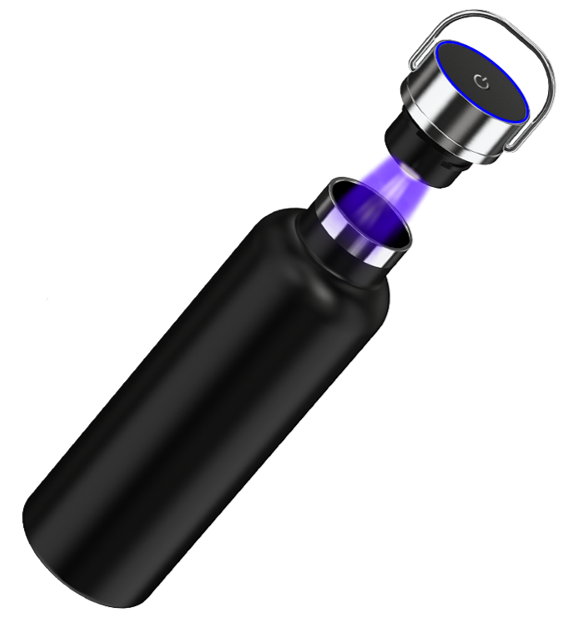
3. Pros of UV Water Bottles
- Portable & Convenient: No need for chemicals or boiling.
- Fast Treatment: Works in under two minutes.
- No Aftertaste: Unlike iodine tablets or chlorine drops.
- Reusable: More eco-friendly than disposable filters.
4. Limitations to Consider
- Battery Dependency: Requires charging; dead batteries mean no purification.
- No Particle Removal: Sediment or debris must be filtered first.
- Limited Volume: Most bottles treat only one liter at a time.
- Durability Concerns: UV lamps can break if dropped.
5. Real-World Performance
Many users report positive experiences with UV bottles while traveling or camping. However, they are not a substitute for comprehensive water treatment in extremely contaminated areas. For example, in water with high turbidity, UV light alone may not be sufficient.
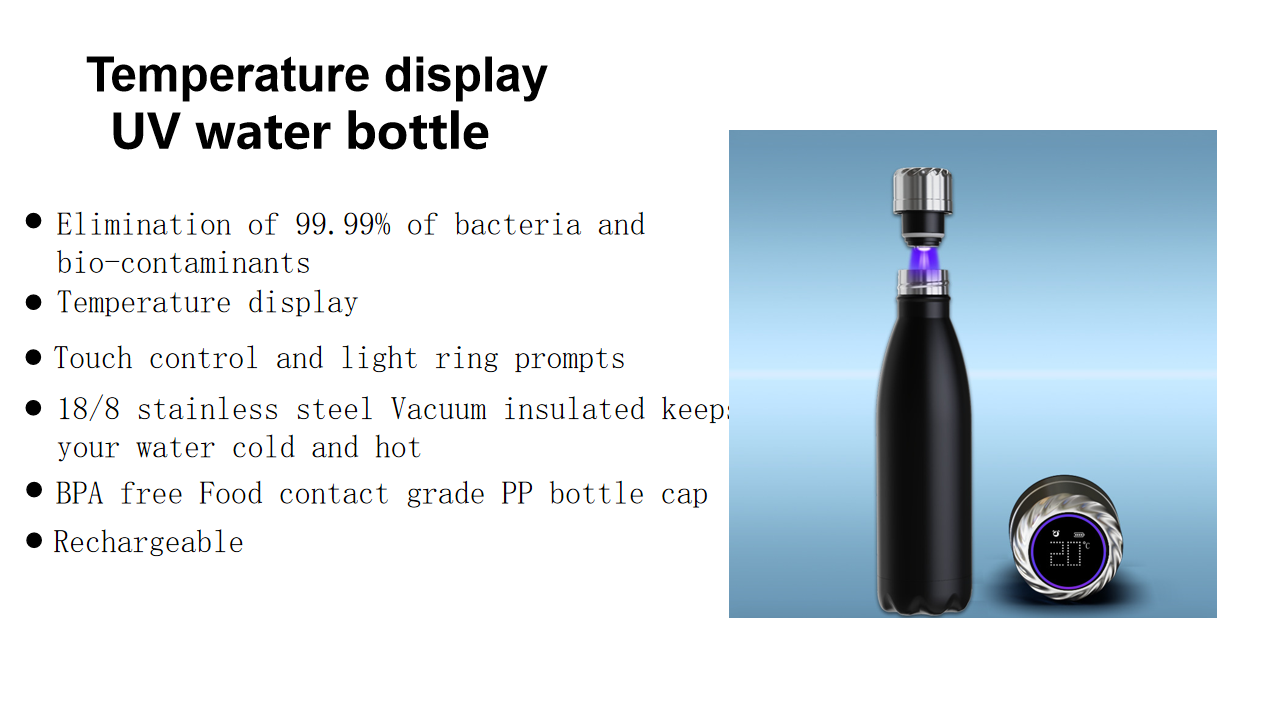
6. Are They Worth It?
If you need a lightweight, chemical-free way to purify clear water, UV bottles are a solid choice. But for muddy or chemically polluted water, a combination of filtration and UV treatment is better.
Final Verdict
Yes, UV water bottles work—but with caveats. They excel at killing microbes in clear water but fall short in removing physical or chemical impurities. For outdoor adventures, they’re a handy tool, but always assess your water source first.
Would you trust a UV bottle on your next hike? The answer depends on where your journey takes you.
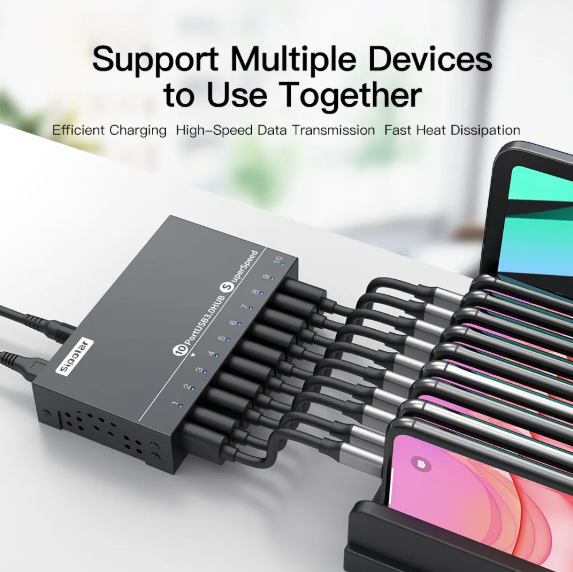 Behind the Scenes: How our brand USB Hub Ensures Quality in Every USB Hub
Behind the Scenes: How our brand USB Hub Ensures Quality in Every USB Hub
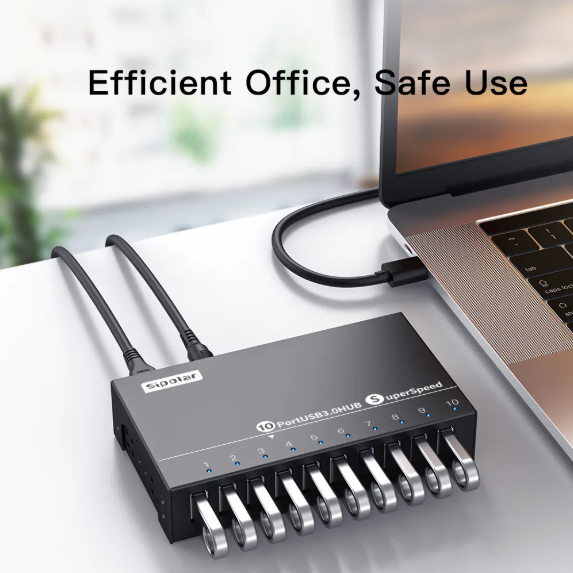 OEM/ODM USB Hubs: How We Customize Solutions for Global Brands (and Survived a Berlin Fire Drill)
OEM/ODM USB Hubs: How We Customize Solutions for Global Brands (and Survived a Berlin Fire Drill)
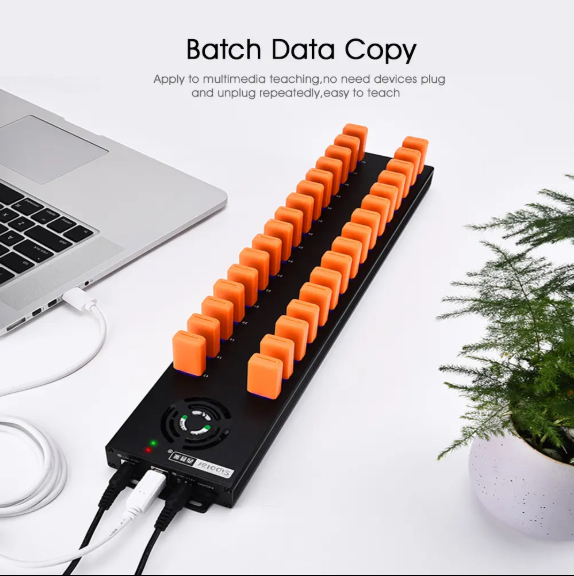 The Future of USB Hubs: Trends in Type-C, Fast Charging, and Smart Power Management
The Future of USB Hubs: Trends in Type-C, Fast Charging, and Smart Power Management
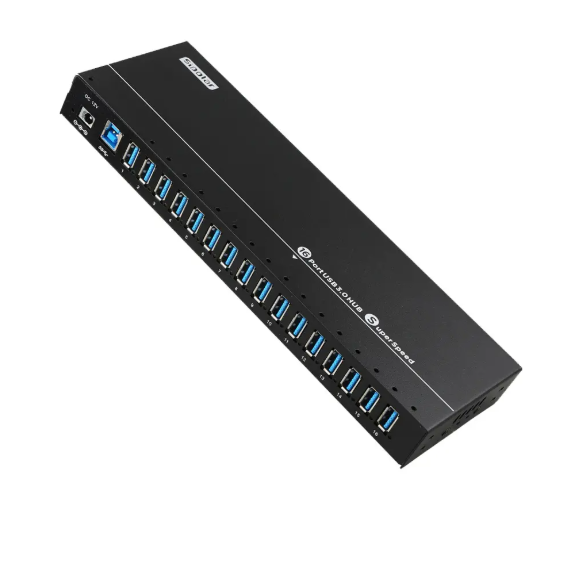 How Our Multi-Port USB Hubs Solve Connectivity Issues for Offices & Cafés
How Our Multi-Port USB Hubs Solve Connectivity Issues for Offices & Cafés

